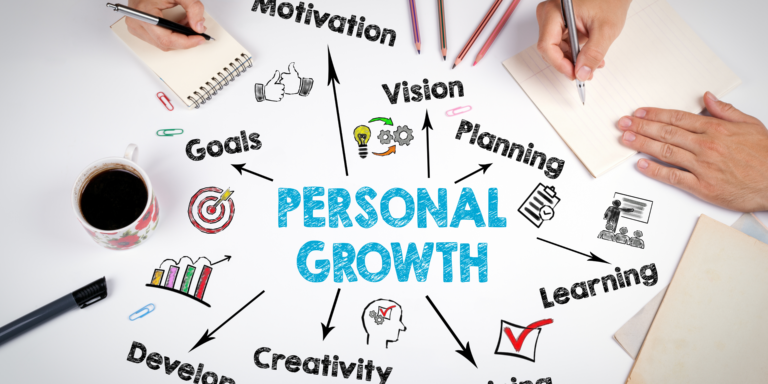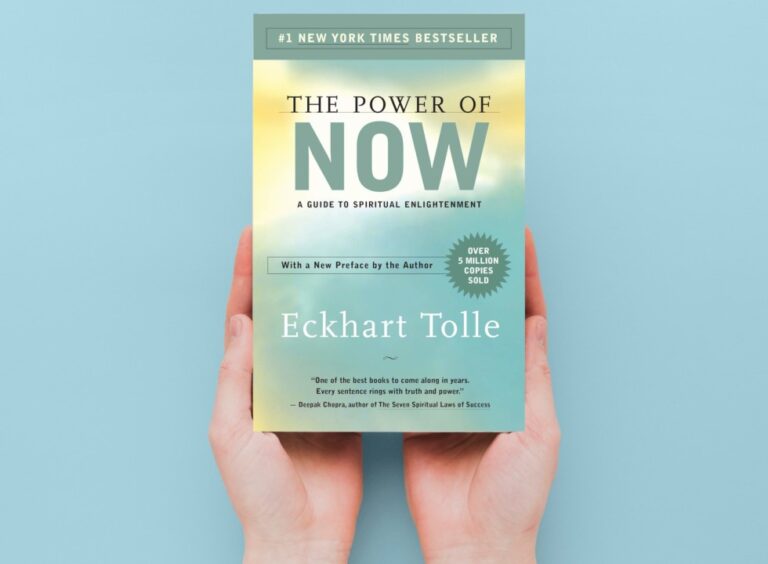The Best Habits to Change Your Life

Feeling stuck and longing for personal growth but unsure where to begin? You’re not alone. Many people, caught up in the busy pace of everyday life, seek guidance on their self-improvement journeys.
Fortunately, adopting powerful habits can serve as your compass, offering valuable insights, igniting motivation, and propelling you towards a fulfilling life. This article delves into some of the best habits to change your life, exploring their core benefits, key strategies for implementation, and potential for transforming your daily existence.
The Power of Habit Formation
Habits are routines or practices performed regularly, often subconsciously. The power of habits lies in their ability to create significant, lasting change through consistent, small actions. Let’s explore some of the most impactful habits you can adopt to enhance your life.
The Best Habits to Change Your Life
Morning Routines: Starting Your Day Right
The Importance of a Consistent Wake-Up Time
Establishing a consistent wake-up time sets the tone for your day. Waking up at the same time every morning regulates your circadian rhythm, improving your sleep quality and overall energy levels.
Mindful Mornings
Starting your day with mindfulness can significantly impact your overall well-being. Practices such as meditation, journaling, or simply spending a few minutes in quiet reflection can help you set a positive, focused mindset for the day ahead.
Physical Activity
Incorporating physical activity into your morning routine can boost your energy, enhance your mood, and improve your physical health. Whether it’s a brisk walk, a yoga session, or a full workout, moving your body in the morning can set a positive tone for the rest of your day.
Goal Setting
The Power of Writing Down Your Goals
Writing down your goals is a powerful practice that clarifies your intentions and keeps you focused. It transforms abstract ideas into concrete plans, making it easier to track your progress and stay motivated.
Breaking Down Goals into Manageable Steps
Large goals can often feel overwhelming. Breaking them down into smaller, manageable steps makes them more achievable and less daunting. This approach allows you to celebrate small victories along the way, maintaining motivation and momentum.
Healthy Eating: Fueling Your Body and Mind
Planning and Preparing Meals
Planning and preparing your meals can ensure you make healthier food choices. Meal prepping saves time, reduces stress, and helps you avoid the temptation of unhealthy, convenience foods.
Balanced Nutrition
Consuming a balanced diet that includes fruits, vegetables, lean proteins, and whole grains supplies your body with the essential nutrients needed for optimal functioning. Good nutrition is linked to improved mood, higher energy levels, and better overall health.
Related Article: Top 2 Self-Improvement Books to Read Now
Continuous Learning: Expanding Your Knowledge
Reading Regularly
Reading regularly stimulates your mind, expands your knowledge, and enhances your cognitive abilities. Whether it’s books, articles, or journals, incorporating reading into your daily routine can foster continuous personal and professional growth.
Taking Up New Skills
developing new skills keeps your mind active. It can be anything from learning a new language to mastering a musical instrument.
Time Management: Maximizing Productivity
Prioritizing Tasks
Effective time management begins with prioritizing tasks. Determine your top priorities for the day and address them as your first tasks. This approach ensures you focus on what truly matters, reducing procrastination and increasing productivity.
Using Time-Blocking Techniques
Time-blocking means allocating designated time periods for various activities throughout your day.
This method helps you stay organized, maintain focus, and make the most of your available time.
Building Strong Relationships: Enhancing Social Connections
Practicing Active Listening
Active listening involves giving full attention, understanding, and responding thoughtfully to others. This practice fosters deeper connections, builds trust, and enhances communication skills.
Expressing Gratitude
Regularly expressing gratitude strengthens relationships and promotes positive emotions. A simple thank-you note or a verbal acknowledgment can make a significant impact on your social interactions and overall happiness.
Financial Management: Securing Your Future
Creating a Budget
Creating and adhering to a budget is crucial for effective financial management. A budget helps you monitor your income, expenses, and savings, ensuring you live within your means and progress towards your financial goals.
Saving and Investing
Consistently saving a portion of your income and investing wisely can secure your financial future. Whether it’s through retirement accounts, stocks, or other investment vehicles, building a habit of saving and investing sets the foundation for long-term financial stability.

Self-Care: Prioritizing Your Well-Being
Taking Time for Yourself
Regularly taking time for yourself is crucial for maintaining mental and emotional well-being. Engage in activities that you enjoy and that relax you, whether it’s reading, gardening, or spending time in nature.
Practicing Mindfulness and Relaxation Techniques
Mindfulness and relaxation techniques, such as deep breathing, meditation, or yoga, can help reduce stress, improve mental clarity, and enhance overall well-being. Incorporating these practices into your daily routine can provide a sense of calm and balance.
Giving Back: Fostering a Sense of Purpose
Volunteering
Volunteering your time and skills to help others can foster a sense of purpose and fulfillment. It connects you with your community, promotes empathy, and enhances your overall sense of well-being.
Random Acts of Kindness
Incorporating random acts of kindness into your daily routine can significantly impact both your life and the lives of others. Simple gestures, like complimenting a stranger or helping a neighbor, can spread positivity and create a ripple effect of kindness.
Reflecting and Adjusting: Ensuring Continuous Improvement
Regular Self-Reflection
Regular self-reflection allows you to assess your progress, understand your strengths and weaknesses, and identify areas for improvement. This practice fosters personal growth and ensures you stay aligned with your goals and values.
Being Open to Change
Being open to change and willing to adjust your habits as needed is crucial for continuous improvement. Life is dynamic, and flexibility ensures you adapt to new challenges and opportunities effectively.
Related Article: what is the definition of a critical thinker?
Conclusion
Transforming your life through positive habits is a journey that requires consistency, patience, and dedication. By integrating these powerful habits into your daily routine, you can enhance your physical health, mental well-being, and overall quality of life. Remember, the key to lasting change lies in taking small, consistent steps towards your goals. Start today, and watch as these habits propel you towards a more fulfilling and enriched life.






